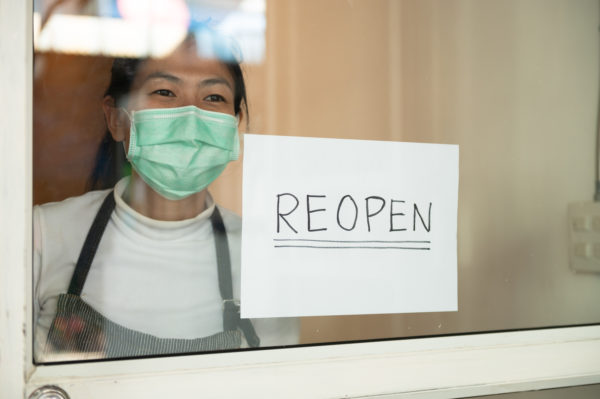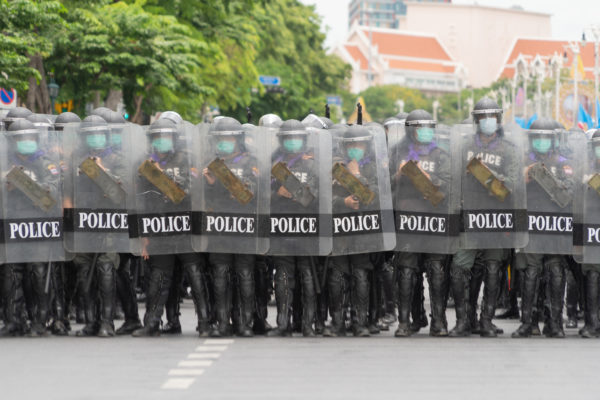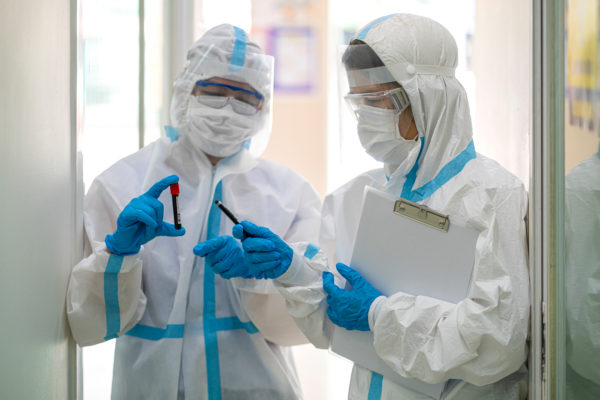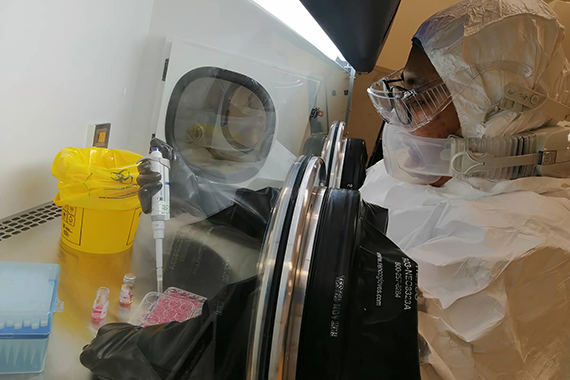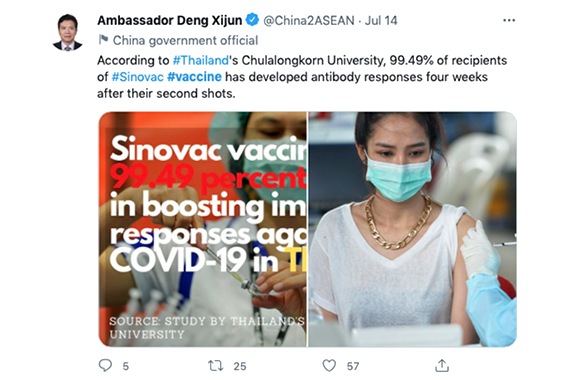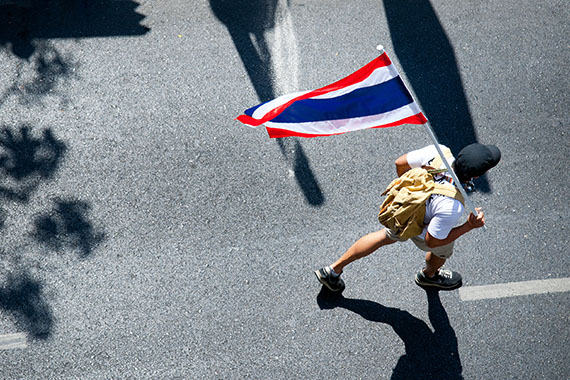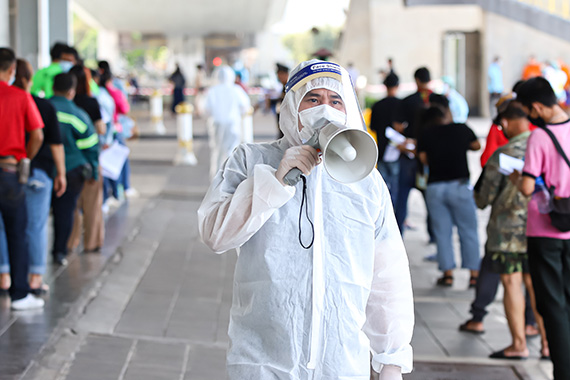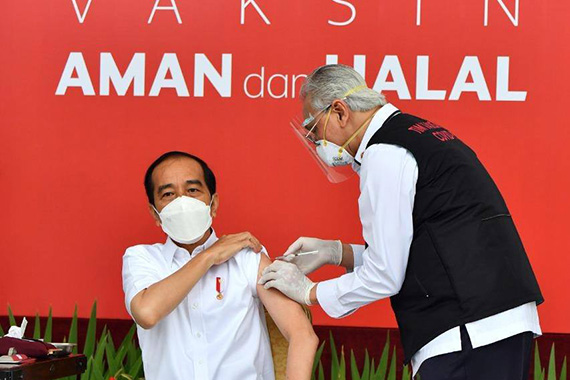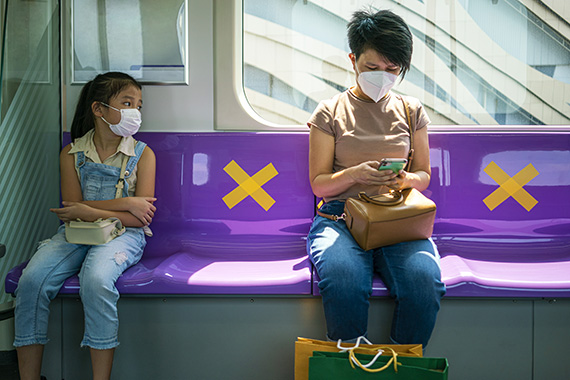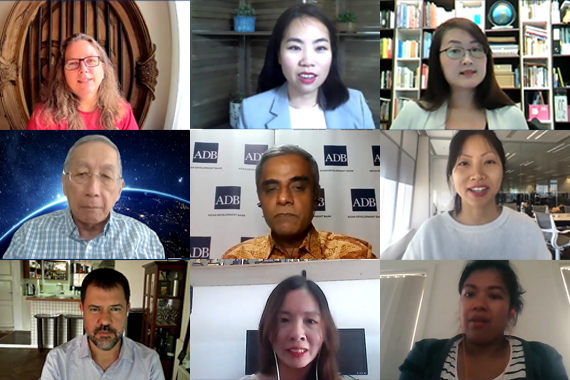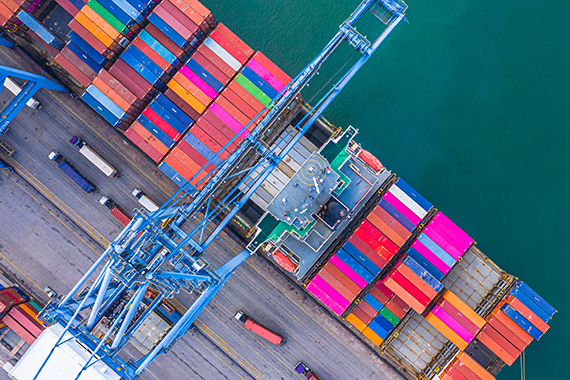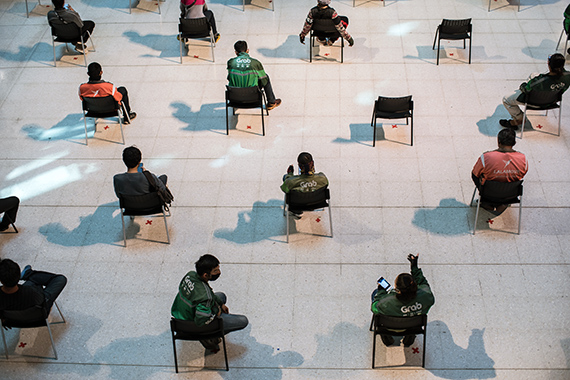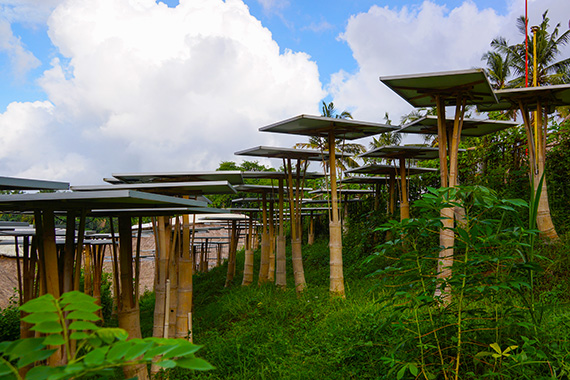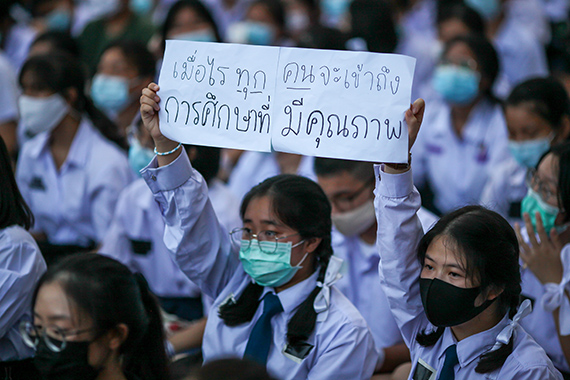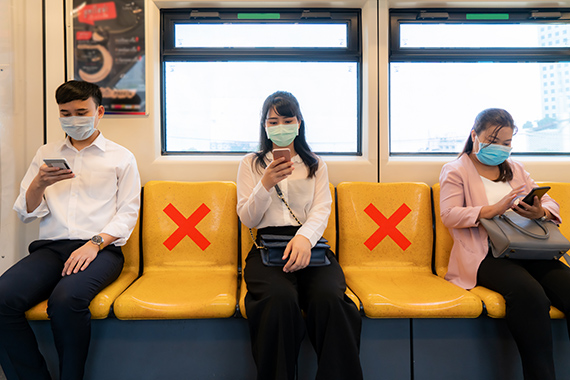Indonesia’s COVID-19 “Catastrophe”
By Irma Hidayana and Richard Maude
Published on 19th July 2021
Read in 3 minutes
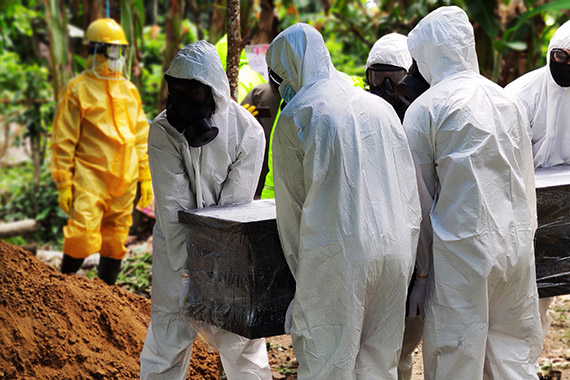
Mass COVID-19 burials in Indonesia. Kaisarmuda / Shutterstock
Driven by the highly-infectious Delta variant, new COVID-19 cases in Indonesia have soared in recent weeks, putting Indonesia at the epicentre of the pandemic in Asia.
On 17 July, the Indonesian government reported nearly 52,000 new cases. This huge surge has come from a low of around only 2400 new daily cases in mid-May. Daily deaths topped 1200 on 16 July.
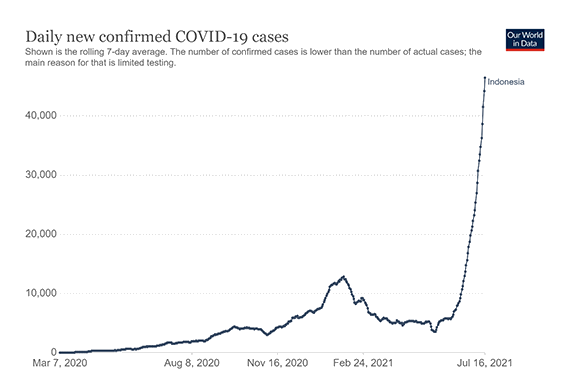
Source: ourworldindata as of 16/07/2021
Indonesia’s relatively low testing rates – and high percentage of positive tests – indicate that the true number of infections is considerably higher than the reported figures.
Similarly, many Indonesians are dying outside the overloaded hospital system without formal identification as COVID patients.
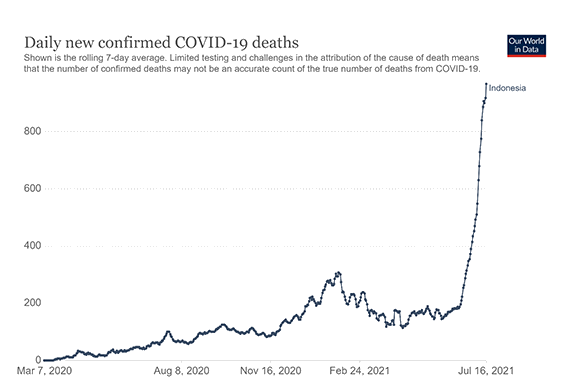
Source: ourworldindata as of 16/07/2021
While Java, especially Jakarta, is the worst affected, other provinces across the Indonesian archipelago are also recording sharp increases in new cases.
The World Health Organization is urging other Indonesian provinces and regions to “learn from the lessons of DKI Jakarta and Java to proactively implement emergency measures in advance, before the situation gets out of control”.
The government of President Joko Widodo has been reluctant to impose a strict lock down on Indonesia’s hot spots.
Widodo has been pinning his hopes on a nation-wide vaccination program and hasn’t wanted to damage Indonesia’s fragile recovery from last year’s recession.
But the vaccination program in Indonesia has a long way to go – according to statistics from Our World in Data, only about 15 percent of Indonesians have received at least one dose of a COVID-19 vaccine (data as of 16 July).
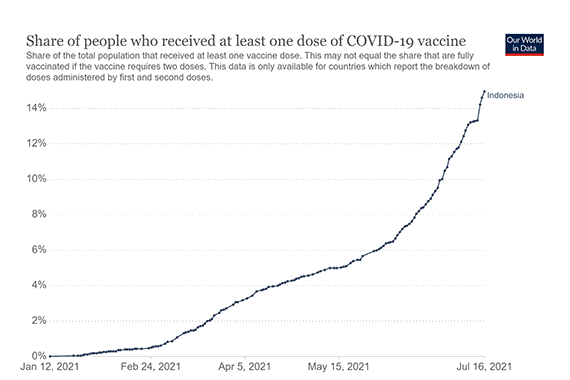
Source: ourworldindata as of 16/07/2021
The surge in new infections forced Widodo’s hand on 1 July, when he announced new emergency restrictions on community activities (“emergency PPKM”) in Jakarta and Bali.
These require teleworking for non-essential businesses, on-line schooling, the closure of shopping malls, and reduced opening hours and customer numbers for markets and supermarkets. Police check points across Java are enforcing stay-at-home orders.
But many public health experts in Indonesia believe these measures are too little, too late, and the government itself appears to be preparing Indonesia for even worse to come.
Irma Hidayana, independent Indonesian public health consultant and co-leader of the civil society organisation LaporCOVID-19, spoke to Asia Society Australia about the devastating COVID-19 surge in Indonesia and the deadly impact it is having on Indonesians from all walks of life.
Irma describes the “catastrophe” now engulfing Indonesia and its over-loaded public health system. She argues current restrictions still privilege economic activity over public health.
She speaks passionately about the work of LaporCovid-19 and says international partners can best help Indonesia through vaccines, oxygen and other medical equipment, and by encouraging President Widodo’s government to prioritise public health.
International help has been arriving. Australia, for example, has pledged 2.5 million doses of Astra Zeneca vaccines before the end of the year. As part of this package, Australia has also provided $AUD12m for medical equipment, including ventilators and oxygen concentrators.
The United States has also recently shipped several million Moderna doses to Indonesia, part of the Biden Administration’s push to donate millions of spare vaccines to countries in need.
Given the scale of the surge, Indonesia needs as much international assistance as it can get.
Even so, Indonesia’s vaccine program can’t move quickly enough for vaccines to be the solution to crisis unfolding right now.
The surge will only be contained through a determined and competent Indonesian government response – disciplined application of movement restrictions and other social distancing measures, along with stepped-up economic support for businesses and the poor and marginalised, especially those who otherwise could not afford to stay at home.
LaporCovid-19
LaporCovid-19 uses crowd-sourced data to track and record the path of the COVID-19 pandemic across Indonesia.
Indonesians also use the LaporCovid-19 chatbot to report issues with testing and vaccination programs and hospitalisation of the gravely ill.
Irma and her team of some 150 volunteers advocate for transparency in Indonesian official COVID-19 data, provide local, provincial and national governments with real-time information, and host a digital memorial for the hundreds of front-line medical workers who have died in the pandemic.
Interview
About the Author
Richard Maude is Executive Director of Policy at Asia Society Australia and a Senior Fellow at the Asia Society Policy Institute. Mr. Maude joined Asia Society after a 30-year career as an Australian diplomat and intelligence official. He is a former Deputy Secretary of the Department of Foreign Affairs and Trade, Director-General of the Office of National Assessments, and senior foreign policy adviser to Prime Minister Julia Gillard.
